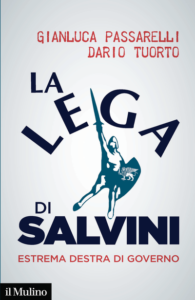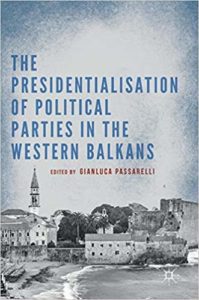Da tempo la Lega ha scelto di posizionarsi nell’area dell’estrema destra: una virata che ha consentito al partito di legittimarsi come forza trainante della coalizione conservatrice, tanto da stravolgerne l’assetto indebolendo l’area moderata.
Nello scenario emerso con il voto del 2018 la Lega compete con l’altra formazione anti-establishment, il Movimento 5 Stelle, nel tentativo di monopolizzare il disagio economico e il disorientamento elettorale e di ricomporre, sul piano socio-territoriale, le istanze di cambiamento avanzate dagli elettori. Uno scenario inedito in cui due frères-ennemis si disputano l’egemonia politica e culturale in Italia.





